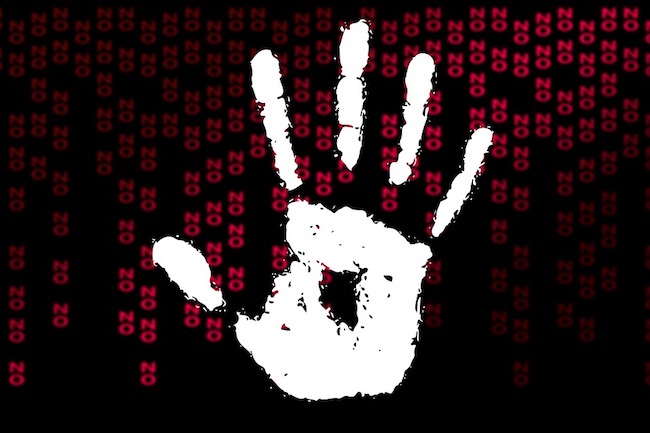Dopamine Fasting 2.0 – Overcome Addiction & Restore Motivation Video from After Skool
This animation was made in collaboration with One Percent Better. Please subscribe! https://www.youtube.com/channel/UCRI6…
We live in a world that is designed to stimulate our emotions. Every advertisement, food product and social media post is geared to give us a short rush of pleasure which is followed by an emptiness and a craving for more. Big companies are able to leverage our cravings and make trillions of dollars off of keeping us addicted. If you don’t have a plan for yourself, you will be at the mercy of companies who will play on your impulses to control you like a puppet. You will sacrifice your free will, searching for happiness in a maze that’s designed to keep you lost. Studies show that on average, people use their smartphones for about 3 hours per day [1,2]. That’s 1,095 hours every year. Thankfully there is a way to regain control over your impulses and take your power back through a practice called dopamine fasting.
Dopamine fasting is the idea that if you avoid dopamine stimulating activities for extended periods of time, you will be able to ‘reset your brain’ and let go of addictive behaviors that negatively impact your life. It’s commonly misunderstood as reducing dopamine, but that’s not true. Dopamine is necessary to function as a healthy human being.
Dopamine Fasting exploded in interest in October 2018 and gained even more interest a year later after Dr. Cameron Sepah published an article on Medium titled ‘The Definitive Guide to Dopamine Fasting 2.0: The Hot Silicon Valley Trend.
Dopamine fasting 2.0 is better defined. It’s based on Cognitive-Behavioral Therapy. It’s about reducing impulsive behavior, not reducing dopamine itself. And it doesn’t encourage you to act like a full-blown monk who abstains from all forms of pleasure.




